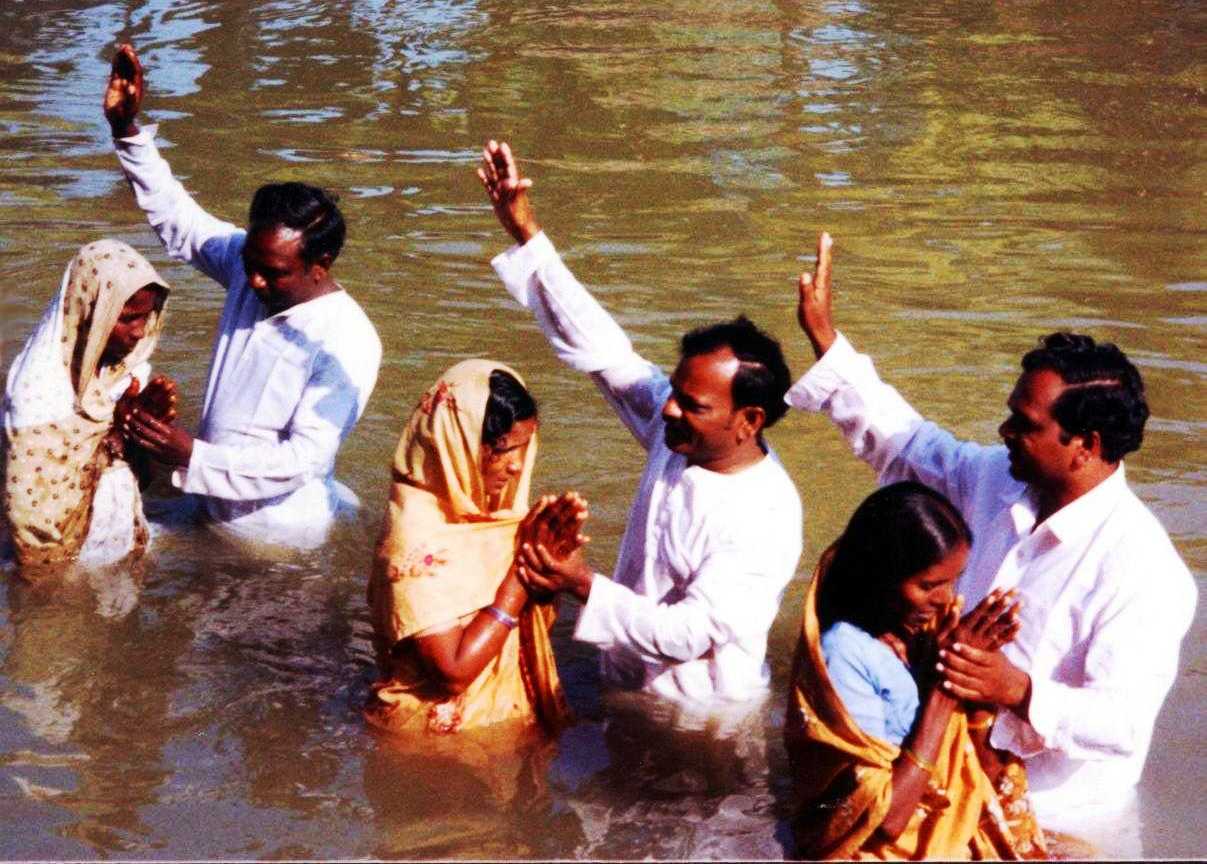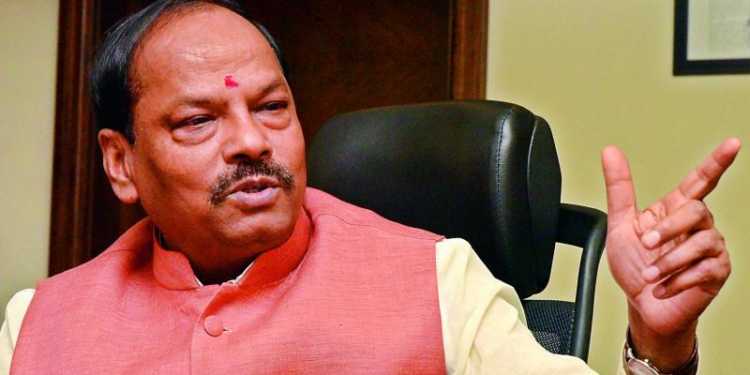BJP led Jharkhand government has cleared an anti-conversion bill which has been long due. The bill is named Religious Freedom Bill 2017 and will be presented in the upcoming monsoon session starting August 8th. Raghubar Das led government had promised an anti-conversion bill long back to counter all types of forced or lured religious conversions. The bill has provisions for a jail term up to 3 years and a fine of up to ₹50000 if anyone is found guilty of luring anyone into another religion through any means such as money. The punishment will go further up to 4 years and ₹100000 if the accused is found guilty of converting a minor, a tribal, an SC, or a woman. The bill makes it mandatory for individuals to present their case of conversion in front of a district administration, thus maintaining the freedom to choose one’s religion.
This bill has already met with a good amount of opposition from non-Hindu groups, such as the Catholic Church, which has always been against such a law. The Archbishop of Ranchi has refused to comment and added that he needs to study the detailed provisions first. But the displeasure of the Christian groups is easily noted.
To understand the backdrop of this bill, we must first understand the changing demography of Jharkhand.
The Government of India released details of the 2011 census a few months ago. During the 10 years, 2001—2011 there had been a tremendous increase in the population graph, but the most notable thing is that the population of Christians grew by a whopping 29.7%. The population of Muslims in the state grew by a massive 28.4% and the population of Hindus grew by 21%. This is quite different from the overall increase of religions in India and it was more than evident that the conversions of Hindus and tribals in the state to Christianity and Islam were going on at tremendous rate.
To get a clearer picture, the overall data of India regarding the population growth by religion in the decade ending in 2011 was quite different. The Hindu population had increased by 16.8%, Muslim by 24.6% and Christian by 15.5%. The Christianity had increased at double the rate in Jharkhand than the rest of India. This is an abnormal change in the demography of India. This is because of forced conversions.
With the increase in Muslim population at 25% and Christianity at 16, India’s demography is changing rapidly, but in Jharkhand the demography has already changed unbelievably, with Christianity reaching to new heights of population growth rate of 30%. India desperately needs a population control law, which could be a part of Uniform Civil Code in future. But to conserve India’s original demography it is necessary to make sure that people convert from one religion to another, of their personal interests and not lured into another religion in exchange of money.
The bill only ‘tries’ to block forced conversion and an individual can convert to another religion.
The district administration will have to be informed regarding the details of the conversion like the time, place, reason etc. Not doing so will lead to punitive action. Even still, various groups have registered their protest against the bill calling it infringement on their freedom, which makes them appear to be the culprits of forced / coerced / allured conversions, especially since individual conversion is allowed in the bill.
Also, the Jharkhand government has been long attacking the flow of government funds to many Christian affiliate social non-government organisations that were allegedly misusing government money to convert people in the name of development of tribals.
Chief minister Shri Raghubar Das had made his objective clear when he rose concerns over the conversion of tribals through or allurement under different scenarios. In a public meeting in Khunti, he asked the gullible tribals to protect their religious practices and their culture at any cost.
This a good step in a positive direction which will allow individuals to convert to the religion of their choice but will also remove coercion and allurement which usually follows this practice. The only people who are opposing and criticising this bill want to continue the business of converting people through the use of money and force, but will be unable to do so.
Unfortunately, the act of alluring people to a particular faith via money was out there in the open until now, but will be carried out under the tables after this bill becomes the law. The need of the moment is to create an establishment, a separate agency which will keep an eye on all conversions and will reject an application if it appears that the conversion was taking place through coercion or allurement.



























